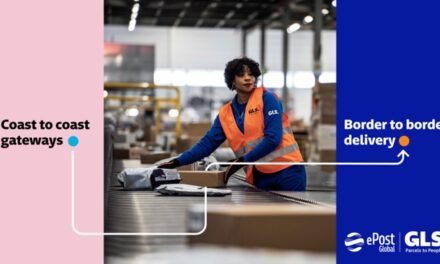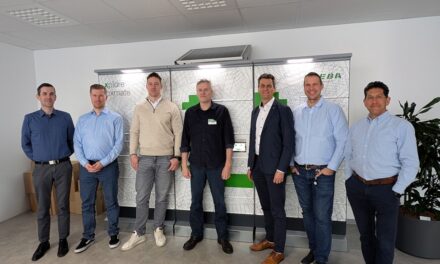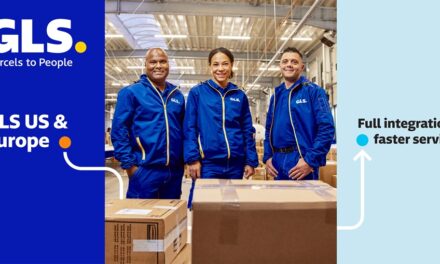
GLS invests in international parcel service
General Logistics Systems B.V., Amsterdam (GLS) is investing more than 100 million euros to strengthen its pan-European network in the current business year. The focus here is on the expansion of cross-border structures and services. Customers appreciate quality and service: already last year, the cross-border parcel volume rose by 26 per cent.
A total of 45 million euros are currently being invested in new constructions, the expansion or the modernisation of locations. Two international hubs will be built in France and another one in Hungary. Important investments will also be made in Denmark (hub expansions in Copenhagen and Kolding), Germany (six new depot constructions) and Poland (new headquarters construction with an adjacent depot).
Thinking in ‘European areas’ In addition, the parcel service company is reorganising its pan-European traffic: “We think in categories of ‘European areas'”, explains Rico Back, CEO at GLS B.V. “The objective is to realise parcel shipment in all important European economic regions as a standard 24-hour-service – regardless if a border has to be crossed. To do this, we will link markets in future not only via roads, but, in the case of larger distances, also via air routes.”
On the national level, regular delivery times of less than 24 hours have long been commonplace at the GLS national companies. In addition, delivery times of 24 or 48 hours are offered for transports between a number of neighbouring countries. For parcels which cross two country borders in Central Europe, GLS has shortened delivery time by one day with its “Euro 48” project.
Data without borders All processes are reflected on the IT level – this is another main investment area for GLS. 18,000 new mobile terminals with a scan function will be used for parcel delivery and collection and 5,000 scan stations installed in the hubs and depots. By the end of 2008, GLS companies in 18 countries will be completely refurbished – cost: 20 million euros. In addition to the new scanner technology, GLS is introducing a new bar code system. The current bar code will be replaced by a 2D bar code which is able to carry more information.
All GLS national companies and network partners are linked to each other via a shared shipment system. For the customers, this means cross-border transparency “at the push of a button”: every consignor can quickly track his consignment via the Internet with the GLS Tracking & Tracing system – from Portugal to Belorussia, from Norway to Southern Italy.
International volumes increase by 26 per cent “Modern distribution centres, exactly coordinated international transports and state-of-the-art IT – these are needed to ensure fixed regular delivery times and high-quality performance throughout Europe”, says Back. “At GLS, 98 per cent of the consignments arrive within the regular delivery times, the damage and loss.












